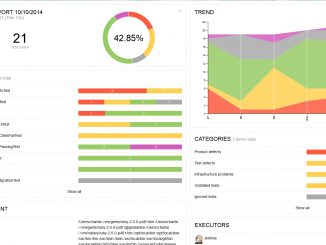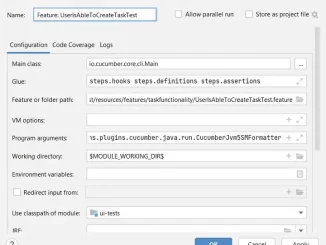Java Software Testing tutorials: unit testing, open source, JUnit, Mockito, TestNG, Spring, JGiven, etc.
Running automated tests is a good thing for software quality assurance. Now you have to understand the results of the current test run. You could also be interested to see how your tests results evolve over time. To achieve these goals, you need a tool to produce meaningful tests reports and there are some open source tools to help you do this.
Making sure your website or app works as intended is a must. There are lots of ways to test this, and Java-based scraping is a compelling example. Let’s look at what this means exactly, what it involves, and how Java scrapers can help you up your software testing game.
Previously, I have written an article about testing API services with Java. I think that it would be a nice idea to write an article about more general test framework, which will contain parts for testing Web UI, be capable to interact with DB and has logging and advanced reporting.
In this article, Oleksandr Podoliako shares with us some insights of experience in writing a test automation framework to test API with Java.
For most enterprise software development projects, software testing is not really fun. It is boring, cumbersome, and takes time and effort — especially for distributed applications or when changes in existing functionality forces test scenarios to adapt. Still, software tests are crucial; so, how can we tackle them in an effective and productive way?
Junit 5 is a big step for the world of unit testing for Android apps. This is a new very flexible open source testing framework, based on many years of experiences with Junit 4. At the sporttotal company, we use Junit 5 for our Android unit tests and it changed the way we write our tests. Hard for us to imagine living without features like @Nested. Other features we ignored as those are more leaning towards Java and are solved already by Kotlin or other Kotlin libraries. And some features are even breaking changes.
Spock was a game changer for all the Java software developers struggling with unit testing in JUnit 4. Compact syntax, parameterized tests or flexibility to mention just a few advantages. Over 10 years after JUnit 4.0, the brand new, written from scratch, Java 8 optimized JUnit 5 has been released. Is it still worth to write tests in Spock?








